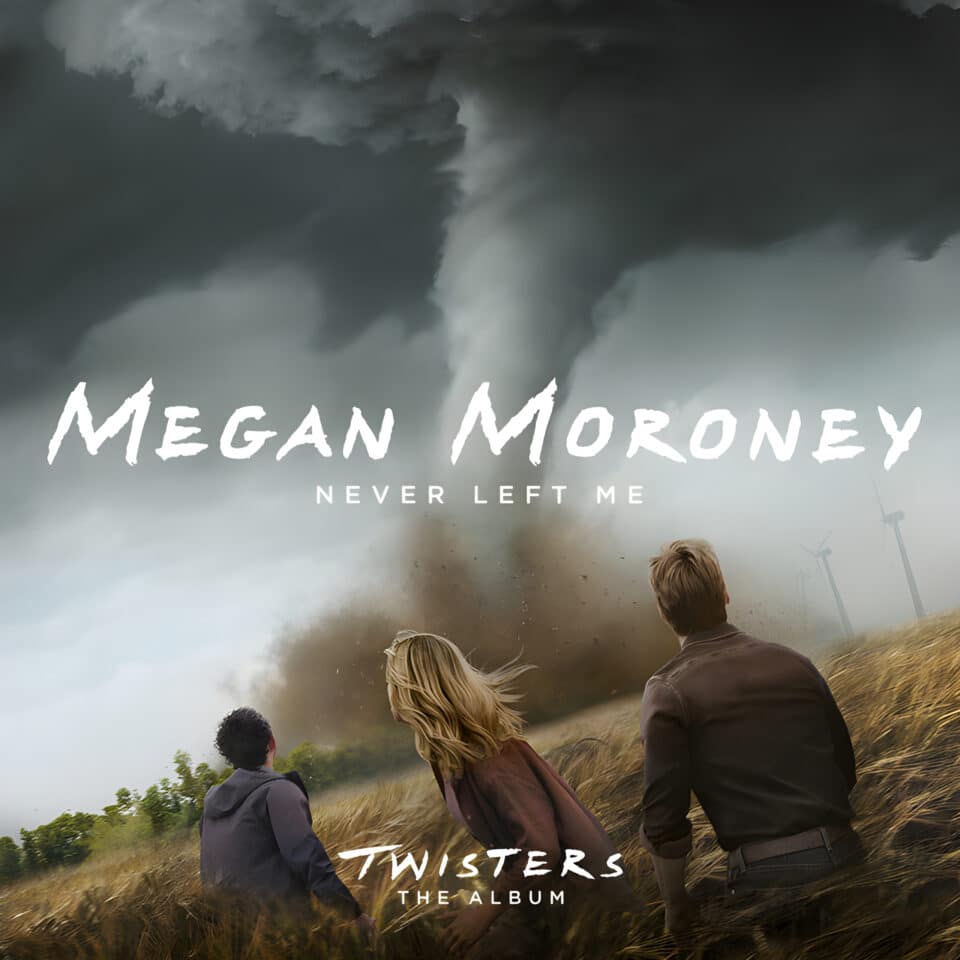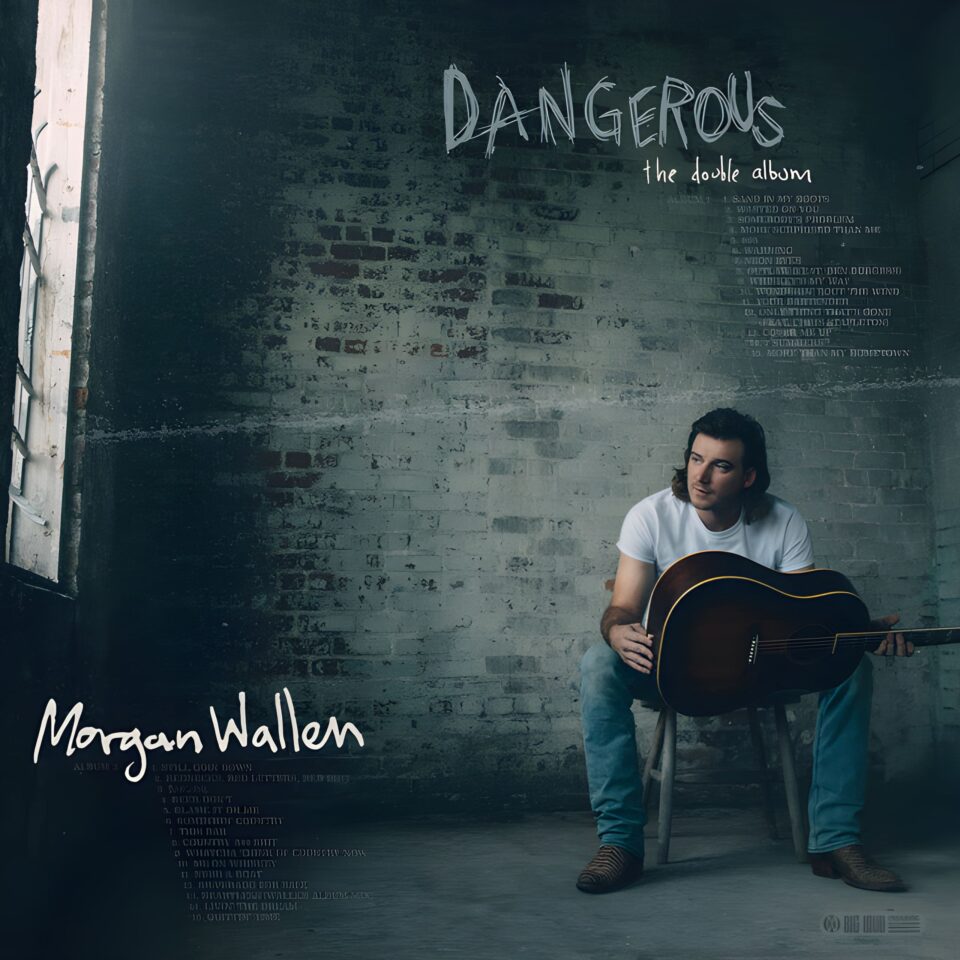Released: 2024
“New Me” by Josh Ross dives into the raw, untouched territory of personal stagnation and the aftermath of a relationship gone sour. By telling us the story of someone unable to change for his partner, Ross hits a tender spot on reflection and regret. It’s a familiar tale of love lost and the struggle to meet expectations, all wrapped in a melodic confession that no transformation has occurred, leaving him just the same-old.
The song opens with a scene many can envision – a departure marked by a left key, a slammed door, and a red wine stain as a memento of what was. Ross sings of being cut deep, a metaphor for the pain inflicted by the breakup, emphasizing the finality with “you cut the cord.” The line “You made it clear you don’t want me anymore” captures the essence of rejection, setting the stage for the song’s exploration of dealing with the fact that sometimes, change for another is not just hard, but impossible. The chorus is a punch to the gut, filled with unfulfilled wishes and admissions. Ross wishes he could have been the new me his partner wanted, recognizing no changes have been made on his end. He’s stuck in the same routines, at the same bar stool, underlining a theme of stagnation and the inability to evolve.
The bridge offers a glimmer of hope, or perhaps fantasy, that reconciliation could happen if only he changed. But it’s quickly overshadowed by the stark honesty in “I ain’t no liar, baby, I know you’re tired, baby.” It captures a moment of self-awareness, acknowledging the weariness his partner feels while also admitting his own inability to break free from his patterns. This is underscored by the imagery of “These boots run up and down town every Friday,” a vivid metaphor for his repetitive, unchanging lifestyle.
The song’s conclusion circles back to its starting point, with Ross reaffirming his unchanged self despite desires and external pressures to be different. The repetition of wanting to be the new me and the stark realization that he remains the same-old serves as a sobering reminder of the difficulty in changing one’s fundamental nature, especially for someone else. The repeated lines serve as both a lament and a proclamation of self-acceptance, albeit tinged with regret. “New Me” isn’t just a country song; it’s a candid look into human nature, relationships, and the intricate dance between change and acceptance.








